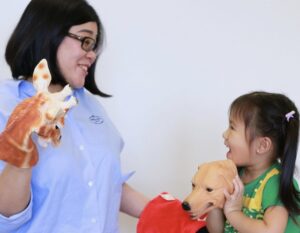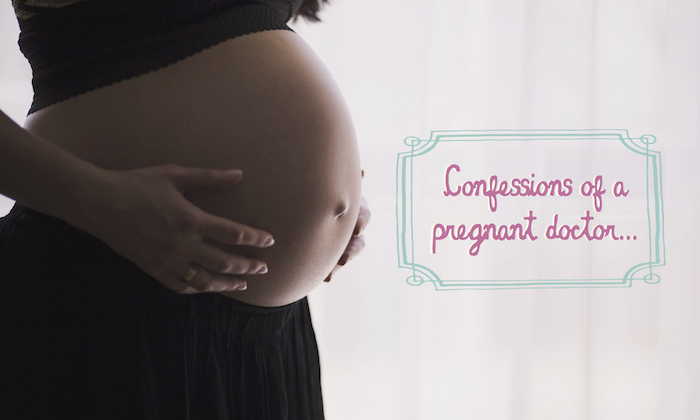

Ever wonder how a first-time pregnant doctor experiences pregnancy, especially after years of treating pregnant patients? Some things might surprise you, mama!


I am an Integrative Medicine Physician with over ten years of experience, including in Obstetrics and Gynaecology before focussing on Family Medicine, which I absolutely love. I consult with couples trying to conceive, perform routine prenatal and antenatal check ups, newborn baby check ups and coordinate breast feeding support amongst other things.
Like most family doctors, I have myself witnessed (and caught!) babies being born, seen and stitched up a good number of tears and episiotomies, and assisted in C-sections.
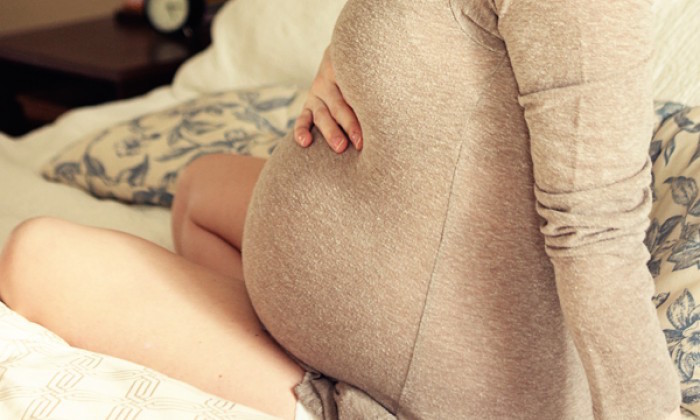

How wrong.
For the most part, trying to conceive, being pregnant and carrying a baby to birth isn’t really a medical problem for the majority of regular folk. It is one of many natural facets of life, which in this day and age tends to interface with the medical industry, like it or not.
I find this mostly unnecessary.
One will find a tonne of opinions floating around, dished out by experts and other oracle mums. Enjoy the diversity. Ultimately, it is a time to crystallise you and your partner’s own philosophies about the process, and become your own oracle.
One thing I realised was that, even as a doctor so comfortable with the medical and hospital environment, I preferred to keep my own scans, gynae visits and investigations to the bare essentials.
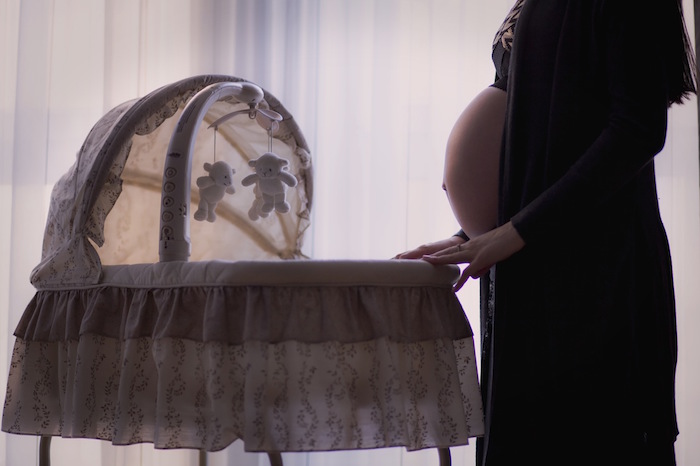

What gynae visits does a doctor schedule for herself, then?
I went for my 12-week OSCAR (nuchal scan), the 20-week anomaly scan, and am next due my 28 week Oral Glucose Tolerance Test.
Then the fourth (and possibly last!) visit would be after 30 weeks sometime to establish placenta position, cervical length and lie, swab the insides of my hoo-hoo to test for group B strep, and to be given the green light by OBGYN for wanting to birth the natural, drug and intervention-free way.
Less medical appointments meant more time to focus on preparing myself spiritually, physically, nutritionally, emotionally, and logistically for this very sacred time in our family life.
See also: How to have an intervention-free birth in Singapore
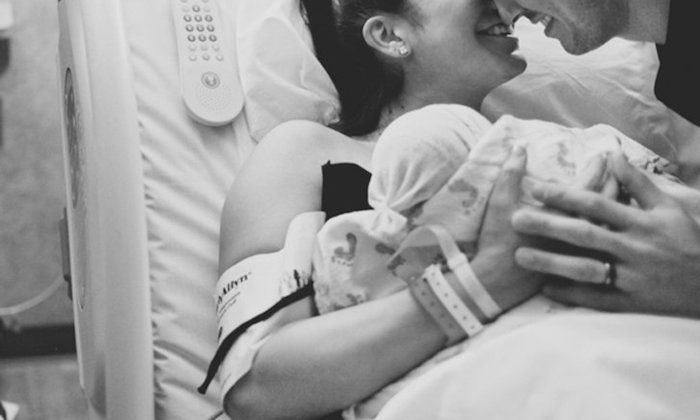

One particular birth I had witnessed as a young trainee doctor, in the hospital setting, was with a couple who had clearly diligently practised their breathing techniques, and opted for a drug-free delivery, an unpopular choice at the time. The birth of their first daughter, was the most beautiful thing I had ever witnessed. I shed tears, knowing what I had just seen unfold through the perfect design of our maker, was the expression of the womanly strength and knowledge we possess, from somewhere deep down. Nothing short of a miracle.
So many decisions! Where do I start?
I found myself with a tonne of decisions to make and I find it useful to stagger these big decisions as time passed and the pregnancy established itself.
Reeling in support from the hubby really helped in taking care of 50% of the decision-making. Split the brain work and research, mamas!
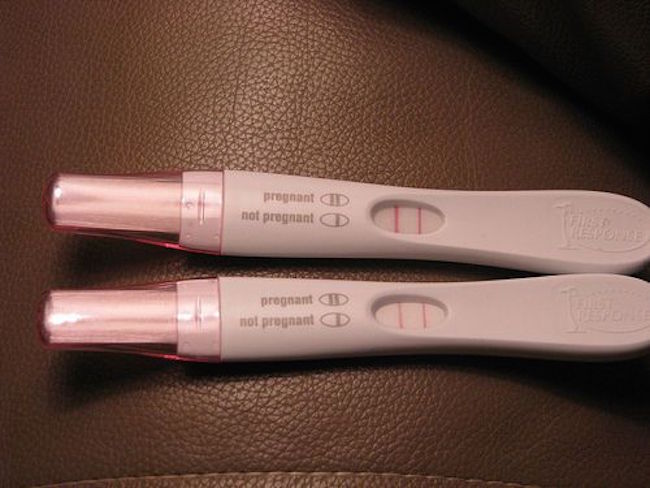

Two lines on the pee stick, now what?
For a start, once your store-bought urine pregnancy test reads positive, celebrate with a glass of sparkling grape juice!
You and your partner have been involved in a miracle, and it may be your beautiful secret until you let it slip to whomever you fancy, or an observant aunt notices you’ve been liking mummy articles on Facebook.
There is no real need to “confirm” pregnancy again at the clinic as store bought tests done after a missed period are as accurate as the ones we use in our clinics.
I usually use this first visit to date the pregnancy and talk about the decisions to be made, the diet and lifestyle changes, and the general timeline, so my patients know what to expect.
Some prefer to get a baseline set of blood tests done at that point which include a rubella, varicella, toxoplasmosis screen, HIV, Hepatitis B, Rhesus status and blood group, Thyroid function and the other basics.
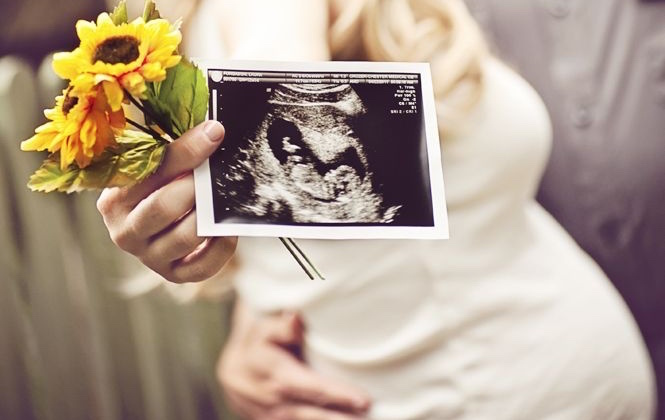

When is the latest I can see a Gynae?
If you are an otherwise well person, you may relax and take your time to decide on a gynae.
Do get an appointment by week 12 where the first important ultrasound is done together with a blood test in order to risk stratify the baby for trisomy disorders.
Take your time to experience what it is like to feel pregnant! Savour the joy, the expectation, the uncertainty, the odd symptoms, the newness of it all!
How do I decide on a gynae, anyway?
Deciding on a gynae is a funny one in Singapore. You have to work backwards if you are particular on your place and style of delivery. Gather info, speak to your friends and family, and with a GP you trust.
For example, if you want a hospital water birth, seek out an OBGYN who delivers at NUH or Thomson Medical Centre.
If you want to deliver in the increasingly popular and hotel-like Mount Elizabeth Novena, likewise, choose an OBGYN who has access to the delivery suites there.
If you are Catholic and want a private hospital, Mount Alvernia is the place for you.
Be sure to check out Sassy Mama’s Guide to Singapore Maternity Hospitals for a full rundown of all your options!
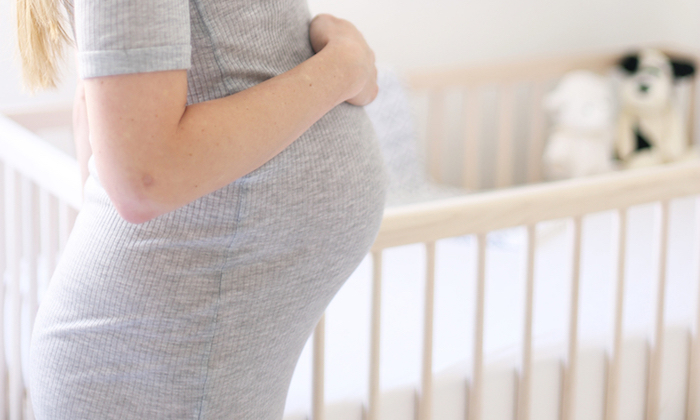

So whom did YOU decide on, doc?
We would like the option of a home birth if all continues to go smoothly. I thus am seeing Dr Lai Fon-Min, one of the better known gynaes for women who are considering a home birth, or more natural methods of pain relief while in hospital.
I also like that he is a maternal fetal scan expert and does his own OSCAR and anomaly scans, interpreting them on the spot for you. This really streamlined my clinic visits and time spent at appointments.
More time to bond with the baby, more time to sleep, for one day I might never know sleep like I do now.


Helper? Doula? Confinement nanny?
Living in Singapore, you may want to think early about getting your home situation sorted in terms of domestic help, a doula in the lead-up to delivery and after, and a confinement nanny if you wish.
Begin talking to the folks and in-laws to suss out who will pitch in with actual duties and who would just come for social visits. Obviously the calculus is different if you don’t have family nearby.
Personally, I embrace the wisdom behind Traditional Chinese Medicine and the idea behind nutritious confinement meals to aid in breastmilk quality and quantity.
In true Singaporean style I booked someone from Gladys Nanny Care the minute two lines showed on the pee stick. I’m glad I did! Turns out they were already almost fully booked for November babies! I suppose everyone was similarly feeling very much in the mood around Valentine’s Day…
Angelyn and the amazing team of Doulas and midwives at Parentlink are a generous and bottomless wealth of resources and radiate love for their work. They run the absolutely essential 6-session intensive Bradley Method Classes for husbands as birth coaches, amongst a menu of other antenatal classes, and are an honest, down to earth outfit.
![]()
![]()






 View All
View All





 View All
View All







 View All
View All




